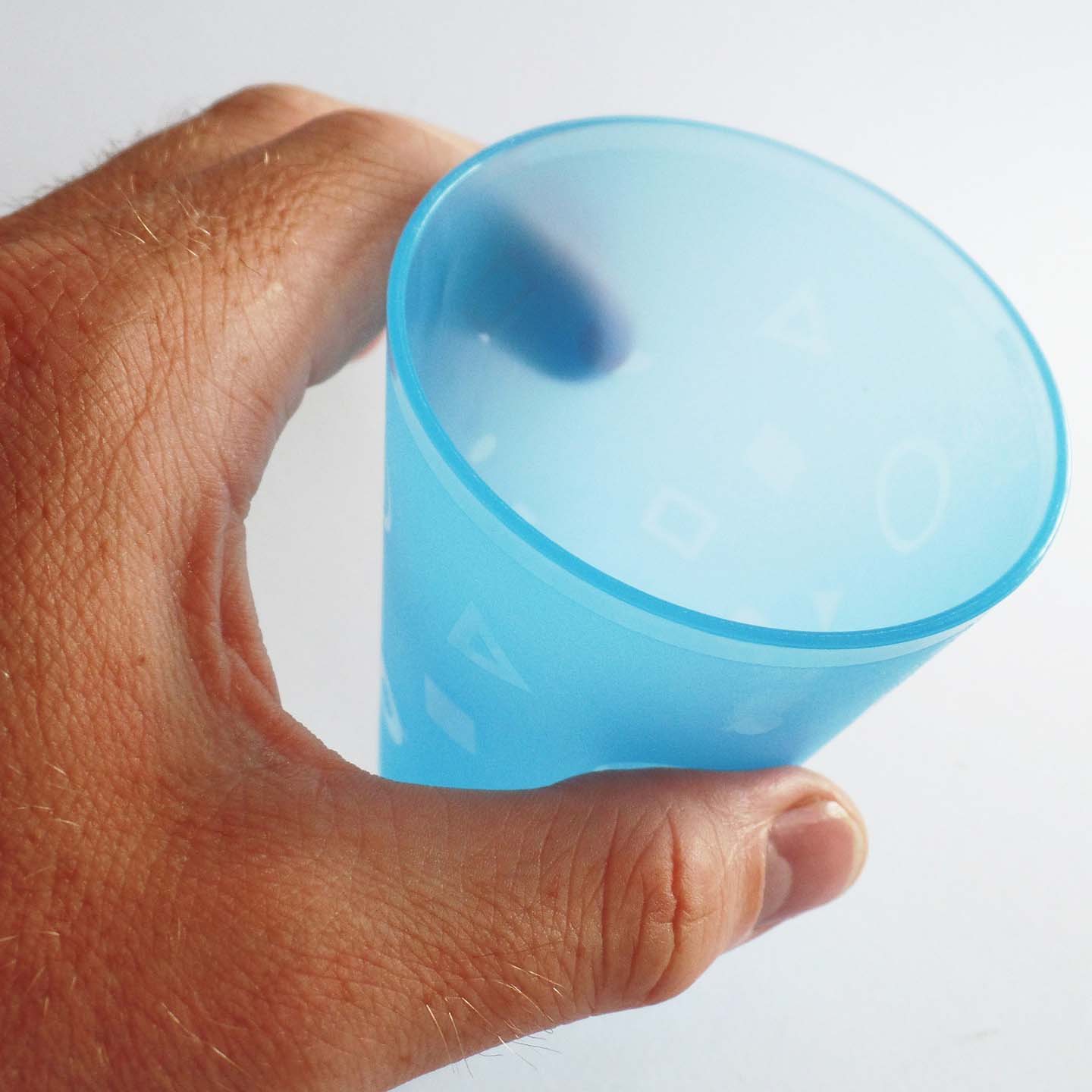In praise of plastic
Plastic gets a lot of bad press, and there’s no denying its negative environmental impact. But it’s not all bad, as Peter Foy found out
By Peter Foy
I recently had the great pleasure of attending the Woolverstone Macmillan Centre at Ipswich Hospital for a medical procedure that I undergo on a regular basis. The centre is always busy, because it treats a lot of people. We are all suffering from variations of the same thing: life gone wrong!
| ...for many of us, especially if we’re vulnerable as a result of age or illness, or perhaps even poverty, plastic is about more than convenience. |
Inevitably the clinic runs a little late so I sit in my chair and wait. The chair has a wooden frame, covered in plastic upholstery. I have been told that I must keep my fluid intake up prior to the procedure, so I help myself to a cup of water. This is dispensed from a plastic tank into a plastic cup.
When I go through to the treatment room, I hang my coat on a plastic hook. I make myself comfortable on a plastic-covered bed. The nurse checks my blood pressure using a plastic sleeve, taking my temperature at the same time with a plastic device that resembles the Doctor’s sonic screwdriver.
All is well so the equipment is unwrapped. Most medical procedures today are pre-planned, the necessary tools of the trade coming vacuum-packed in plastic.
Everything is there. The plastic bag to collect hangs below the bed, the plastic bag to donate is hung from a stand. All are connected by plastic tubes. The nurse dons his plastic apron and plastic gloves, checks that I am good to go, and we are away. Everything is plastic apart from the needles, still Sheffield’s finest, and the care, which is always genuine.
While the fluids flow, we talk. I value those talks: no plastic. No artifice.
 On completion blood pressure and temperature are checked again, using yet more plastic. I am offered a choice of beverages, not really drinks, more fluid replacement. They are pretty tasteless but coloured differently and come in yet another plastic receptacle.
On completion blood pressure and temperature are checked again, using yet more plastic. I am offered a choice of beverages, not really drinks, more fluid replacement. They are pretty tasteless but coloured differently and come in yet another plastic receptacle.
As I walk from the treatment room it strikes me that the NHS is as dependent on plastic as it is on foreign labour!
I reach the entrance to the hospital and see some proud parents taking their newborn baby home. They are gifting a large box of chocolates to the nurse accompanying them. She checks that they have a suitable car seat for their precious cargo. A plastic seat. And I think about the amount of plastic that beautiful child is going to use in the coming months. Bottles, bottle liners, jugs, cups, high chair, cot, nappies.
And then it occurs to me: for many of us, especially if we’re vulnerable as a result of age or illness, or perhaps even poverty, plastic is about more than convenience. It’s not just about having a cup for our morning latte or a bag for our shopping. It’s about survival.
So yes, let’s try to reduce our reliance on single-use plastics. Let’s buy bamboo coffee cups and hessian shopping sacks. Let’s stop the madness of drinking bottled mineral water. And let’s celebrate the success of campaigns such as the one that led to micro beads being outlawed in 2016.
But don’t let’s forget the vital role that plastic plays in many of our lives. It may be an environmental bogeyman. But it’s one that many of us simply can’t live without.
Published: 4 June 2019
© 2019 Just Recruitment Group Ltd
If you enjoyed this article, you may like – What’s the value of your degree?
You may also enjoy – Why encouragement is the greatest motivator

